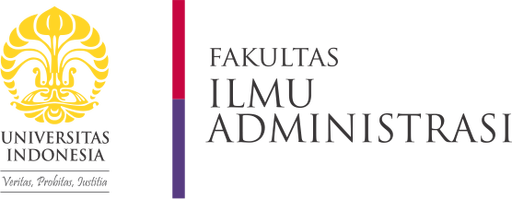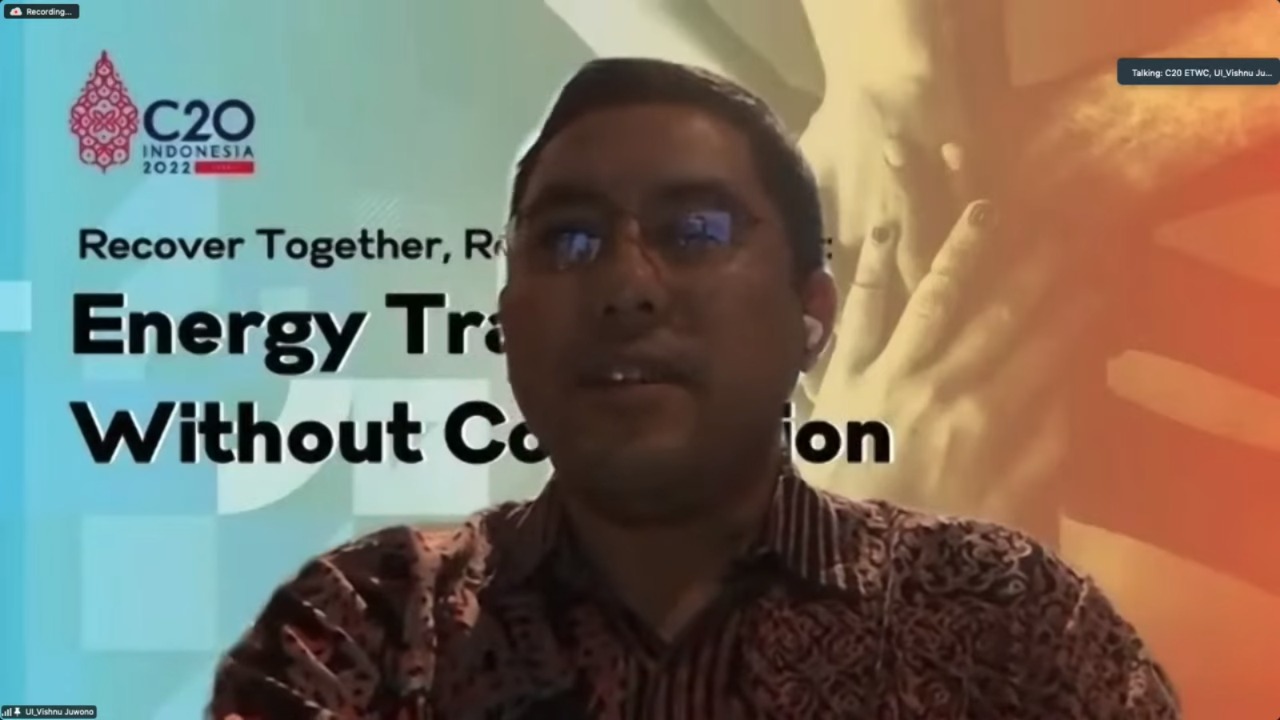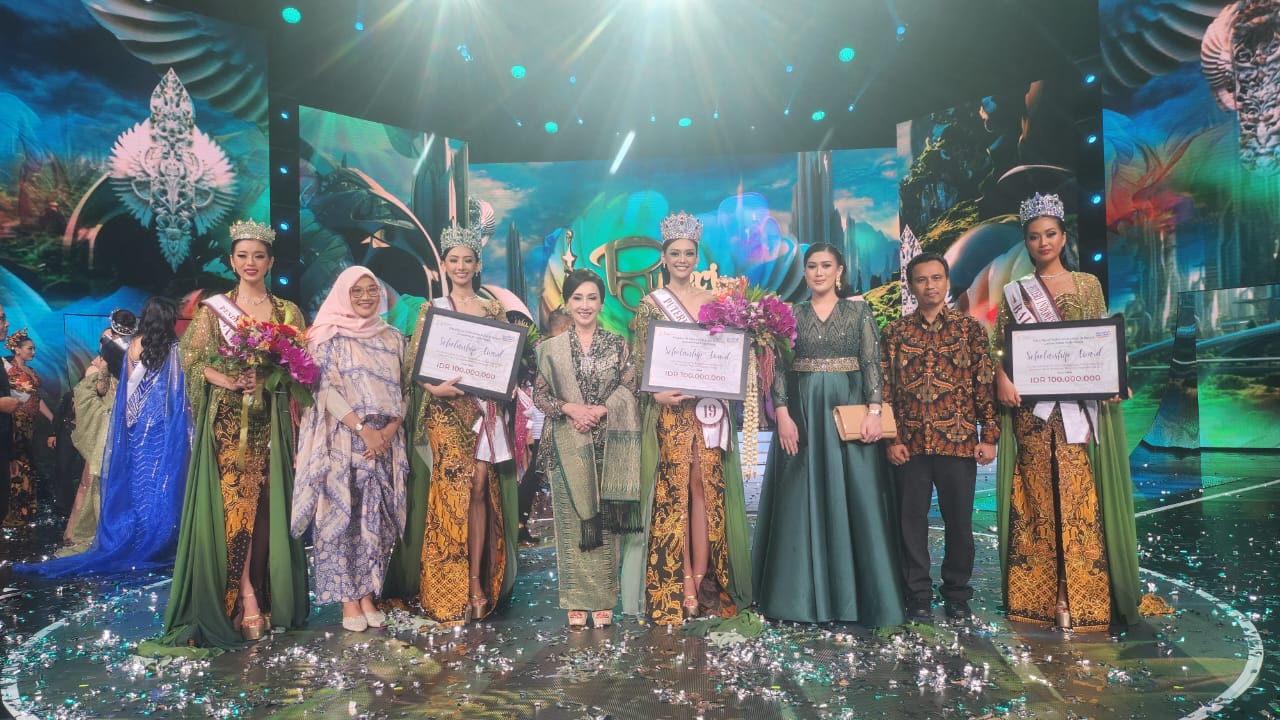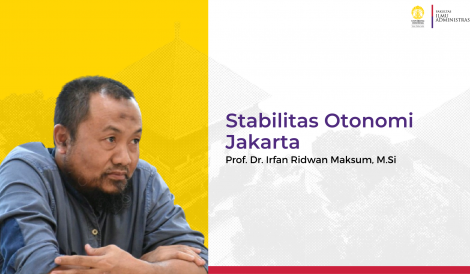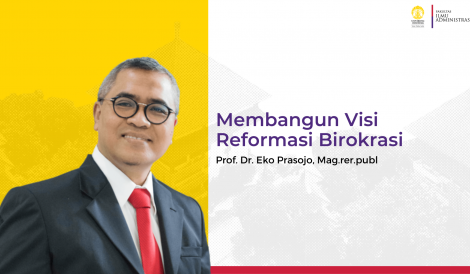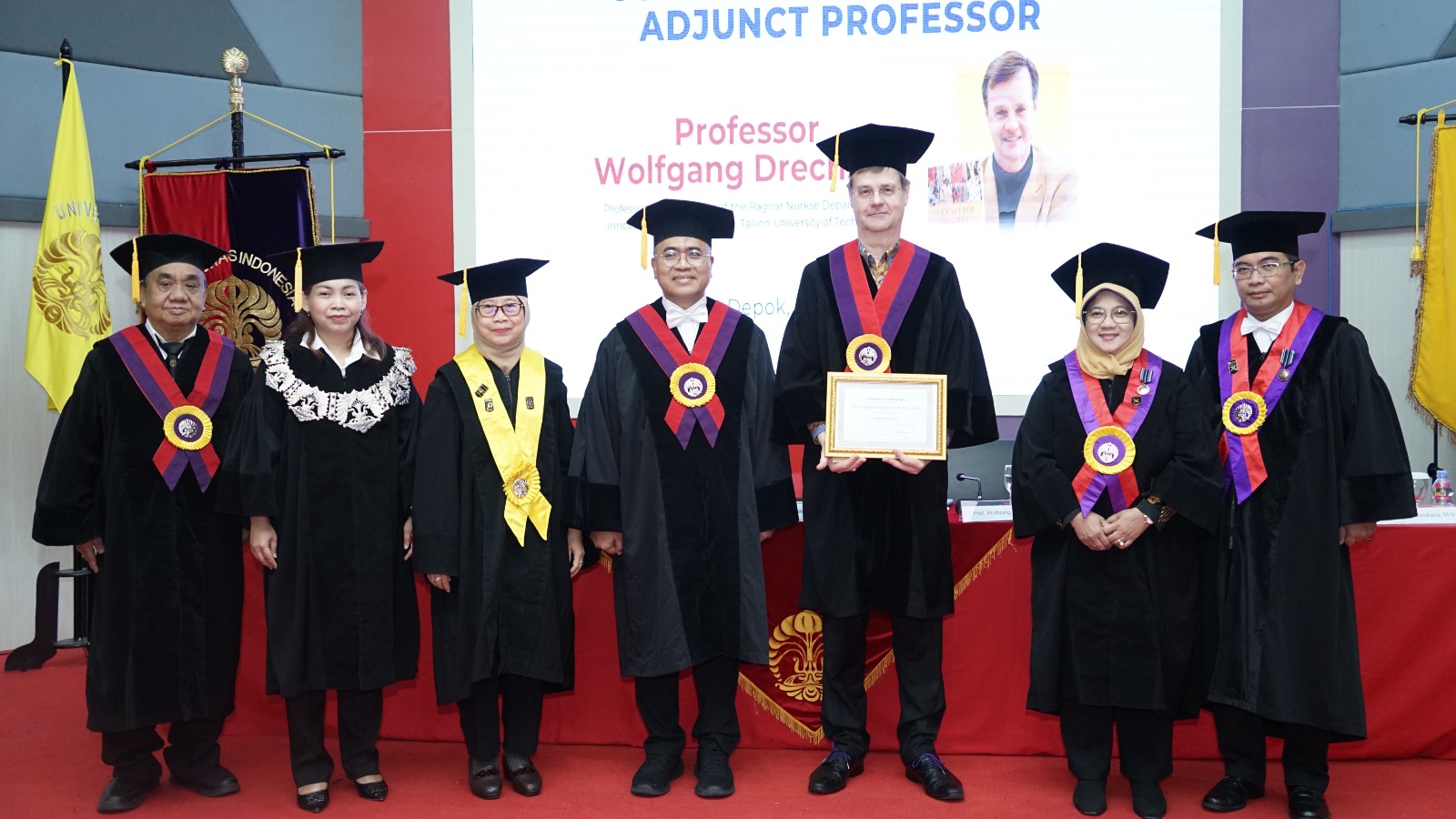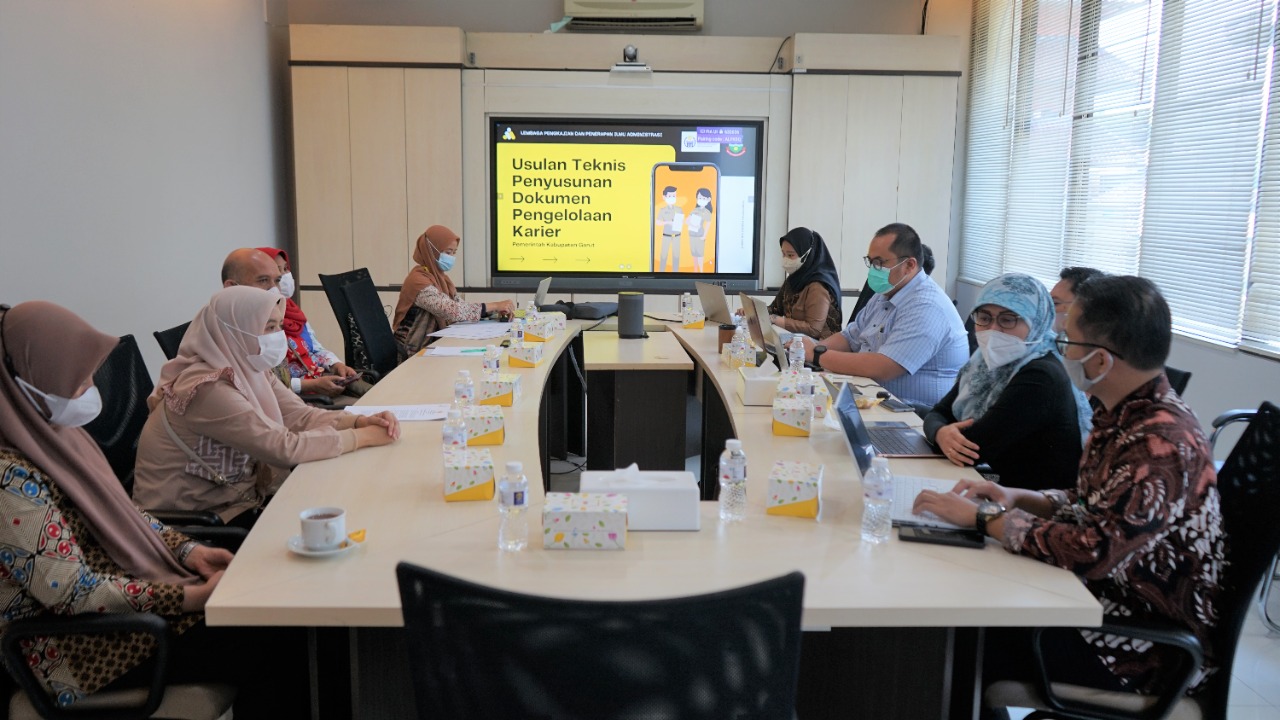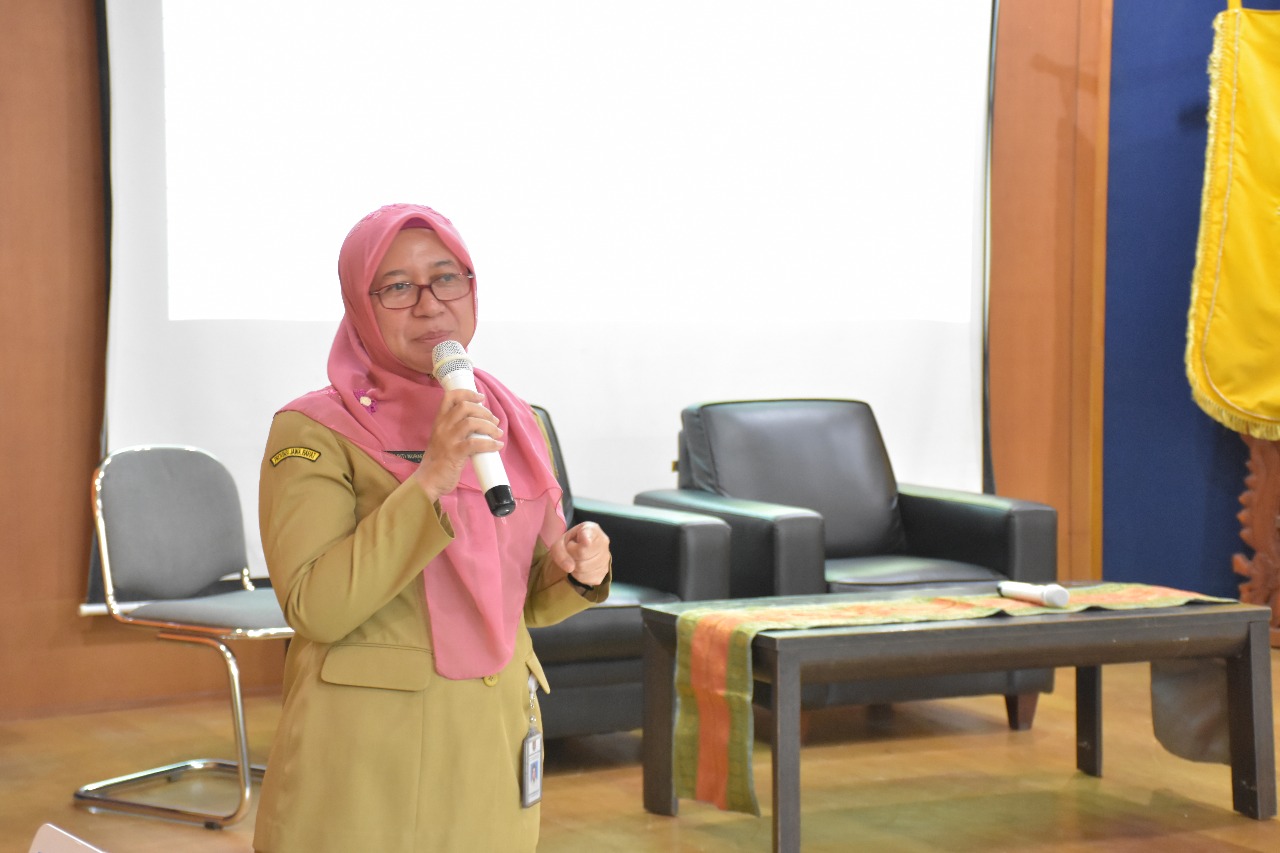Corruption is a big problem that is often experienced by countries in the world, especially developing countries. Most of the existing literature on energy and corruption focuses on cases of corruption in fossil fuels. However, some evidence suggests that corruption risks exist in the renewable energy market as well.
Dr. Vishnu Juwono disclosed this, S.E., MIA, who is a permanent lecturer in public administration at the Faculty of Administrative Sciences, University of Indonesia (FIA UI), in a general discussion of the Side Event Civil 20 Summit, Recover Together, Recover Stronger: Energy Transition Without Corruption on Thursday, October 6, 2022 evening.
“In 2019, around 11% of global primary energy comes from renewable energy. Seeing this number, we still have to keep trying and innovating so that this value will increase in the coming years,” he said.
Although the percentage of renewable energy is still relatively small, corruption is a big challenge in increasing it. For this reason, it is necessary to take steps to reduce corruption cases, especially in the renewable energy sector. At this event, Dr. Vishnu presented “Policy Recommendations for Anti-Corruption Policy in the Renewable Energy Sector: Regulation, Transparency, and Public Participation.”
“The form of corruption in the renewable energy sector is in public spending on renewable energy programs and subsidies. In addition, there is also tender fraud; bribes, inefficiencies, and mismanagement; theft; inflating the cost of developing renewable energy infrastructure; as well as the allocation of public contracts for inefficient renewable energy to those who are willing to bribe rather than those who are best able to provide the required services,” added Dr. Vishnu.
Dr. Vishnu provides Anti-Corruption Policy Recommendations in the Renewable Energy Sector: Regulation, Transparency, and Public Participation. The regulations in question include banning or blocking companies or institutions that are proven to have violated the rules, especially related to collusion, corruption and nepotism in renewable energy projects.
“Apart from that, in the field of regulation, it is necessary to harmonize regulations in support of anti-corruption policies, especially regarding conflicts of interest in the renewable energy sector; apply innovative renewable energy project evaluation tools from financial institutions and non-governmental organizations; obliges the project organizer to conduct a feasibility study on renewable energy projects; and involving audit institutions in renewable energy projects from upstream to downstream,” he said.
Then policy recommendations in the field of transparency consist of Beneficial Owner Transparency and reporting of company political activities, creating a transparency platform for renewable energy projects that the public can access, and implementing transparency rules for renewable energy projects to establish shared responsibility in projects.
“In the field of public participation, it is necessary to provide access to information and massively disseminate information to the public about community participation from upstream to downstream concerning renewable energy projects, which are a shared responsibility and implement rules for community participation in renewable energy projects,” he concluded.
For information, Dadang Trisasongko from Chair ACWG C20 was also present at this event; Laode M. Syarif from the Indonesian Partnership; Siti Juliantari Rachman from Indonesia Corruption Watch; Blair Glencore of the Accountability Lab; Budi Santoso from ACWG G20; Nurkholis Hidayat from the Lokataru Foundation; Mouna Wasef from PWYP Indonesia; Wawan Suyatmiko from T.I. Indonesia; and Ferdian Yazid from T.I. Indonesia as moderator.
